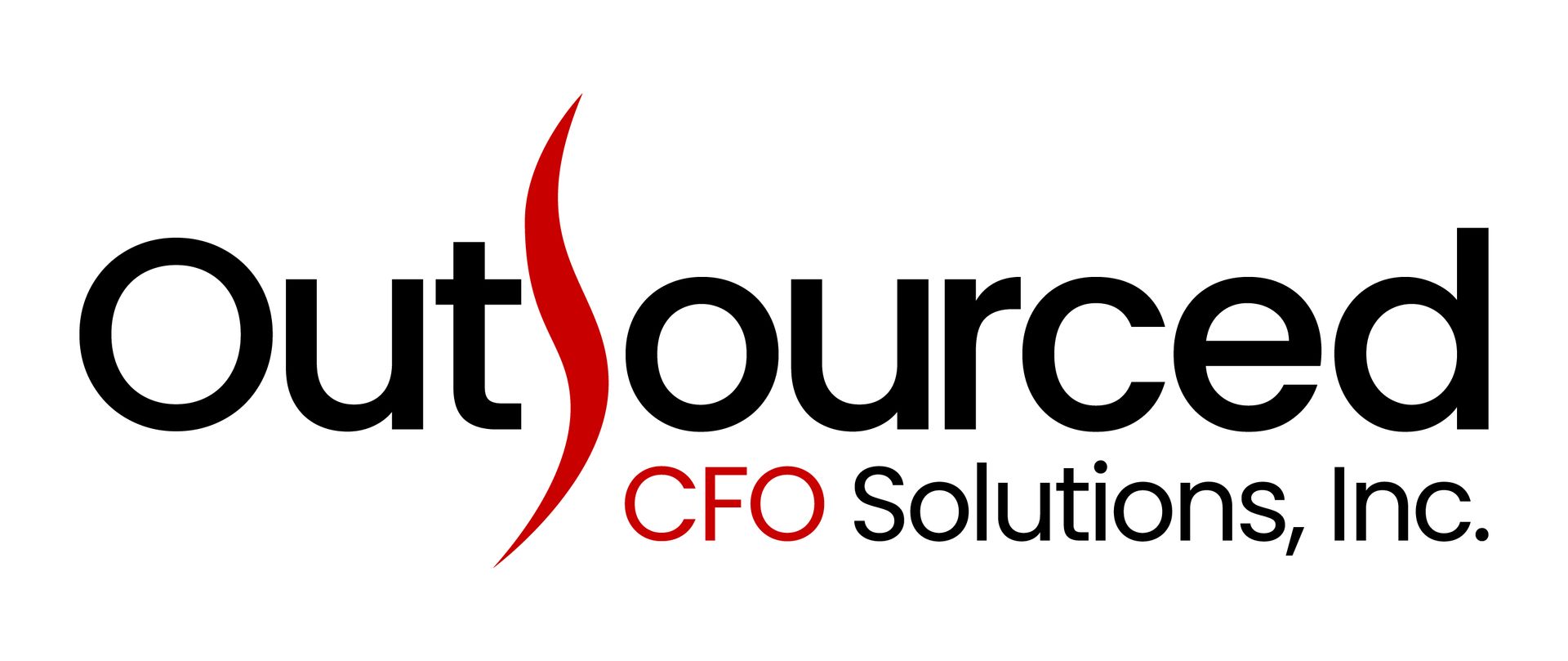How Can Bookkeeping & Tax Planning Can Help You Scale Your Business in California 2023
Business owners are constantly looking for ways to continue to grow their businesses, provide a great working environment for their employees, and provide a top-quality product or service to the public. Businesses often look at manufacturing costs to save money. Strategically investing in benefits for employees and marketing can also be top priorities and are vitally important for the promotion and stability of an enterprise. However, there are smaller, often overlooked, ways that businesses can scale up their operations.
Many business owners do not invest time and energy into the day-to-day bookkeeping and tax planning that could help not only save them money but also identify smart opportunities for how they can use their money. Businesses, like individuals, are faced with tax bills, and the decisions your business makes could reduce the amount you pay in taxes as well as help ensure your business funds are invested correctly.
Here are some good bookkeeping and tax planning strategies that could help you scale your business.
Manage Your Income and Expenses
Good bookkeeping will help you monitor your income and expenses to be sure that everything is not only accounted for but also that the timing of each is done effectively. One strategy is to speed up expenses and postpone income. This could mean timing larger expenses for the end of the fiscal year rather than having more of them in the short term. Expenses often equate to deductions, so you may find a greater deduction when the income is deferred. Keeping appropriate bookkeeping records, and working with a tax strategist, can help align these with the goals of your business.
Maximize Depreciation
Bookkeepers can help make sure that your assets and their values are accounted for. Because bookkeepers can keep records of purchase dates, this can help you understand how the depreciating value of your business’ equipment could reduce your taxes. While most depreciation occurs over time, there are some instances where depreciation can occur in the year of purchase. Qualifying assets include computers, software, equipment, machinery, vehicles, etc.
Utilize the Qualified Business Income Deduction
Businesses classified as sole proprietorships, single-member LLCs, or S-corporations may be able to deduct up to 20% of their business income. These entities, however, have limitations put on them, which is where the benefits of a bookkeeper can help maintain accurate records for their business classification.
Capitalize on Funding Retirement Plans
Whether the business has a retirement plan in place or not, knowing how the type of plan the business uses affects tax deductions could help scale the benefits offered to employees. Bookkeepers can help set up these plans and track the expenditures, which can ensure that, come deduction time, every dollar is accounted for.
Offer Benefits to Employees
With the help of good bookkeeping services, you can maximize the funds available to offer better benefits to your employees. Not only does this help ensure employee retention, but it also provides tax benefits. Certain employee benefits, such as health insurance, tuition assistance, childcare assistance, and more, do not increase employment tax responsibilities. This makes it a viable option for expanding your business.
Adopt Health Savings Accounts
Some health insurance plans have high deductibles. Knowing the impact of these plans on your bottom line could help you take advantage of health savings accounts. When contributions are made to an HSA, they become tax deductible, allowing them to grow. Even withdrawals are untaxed.
These tax strategies are effective when good bookkeeping is part of the process. By accurately managing the cash flow of the business, it allows financial obligations to be met and maximizes the investments the business makes. Keeping bank accounts properly reconciled, and reviewing monthly financial statements, can help a business monitor expenditures and income. This allows the business to plan for the optimal time for both to occur. Bookkeepers are vital in helping businesses not only stay profitable but also prepare for tax season.
FAQs
Q: How Can Bookkeeping Help Your Business in the Future?
A: Good bookkeeping strategies help a business keep its financial records in order. This allows it to reinvest money that could not only help the business grow but also help improve its yearly tax situation, freeing up additional funds. Bookkeepers ensure that all financial transactions are recorded, bank accounts are reconciled, and monthly financial statements are reviewed.
Q: What Are the Benefits of Tax Planning for a Business?
A: With proper tax planning, a business can improve many areas of its finances that allow for reinvestment back into the business. Tax planning:
- Lowers the tax liability
- Improves the cash flow
- Increases profit margins
- Allows for more competitive operations
- Improves tax compliance
Tax planning is often overlooked when searching for ways to improve a business’s overall performance, but it could help establish new financial habits in a positive way.
Q: How Do I Scale My Bookkeeping Business?
A: Scaling a bookkeeping business requires making some changes to your business decisions along the way. As you grow, shift your focus to clients willing to pay a higher fee, and recommend lower-paying clients to others. Also, put in extra hours, streamline your processes as much as possible, and expand your employee base to create room for additional clients.
Q: Why Is Bookkeeping Important in Small Business?
A: Bookkeeping helps keep accurate financial records for any small business. It ensures that investment planning takes place and that financial obligations are met. Setting up proper record-keeping can keep your business financially stable and promote growth. In addition, proper record-keeping can help other areas impacted by cash flow, including tax planning.
Tax Planning and Bookkeeping Advice From Outsourced CFO Solutions, Inc.
When your business’ tax planning and bookkeeping services are aligned, the scalability of that business is maximized. As freed-up funds from proper investments, business classifications, and tax savings are redistributed, the business can organize itself in a way that makes it more competitive with others in the market. If you have questions about how bookkeeping and tax planning can help your business, contact Outsourced CFO Solutions, Inc. today and let us help your business grow.
The post How Bookkeeping & Tax Planning Can Help You Scale Your Business in California? 2023 appeared first on Outsourced CFO Solutions, Inc..



